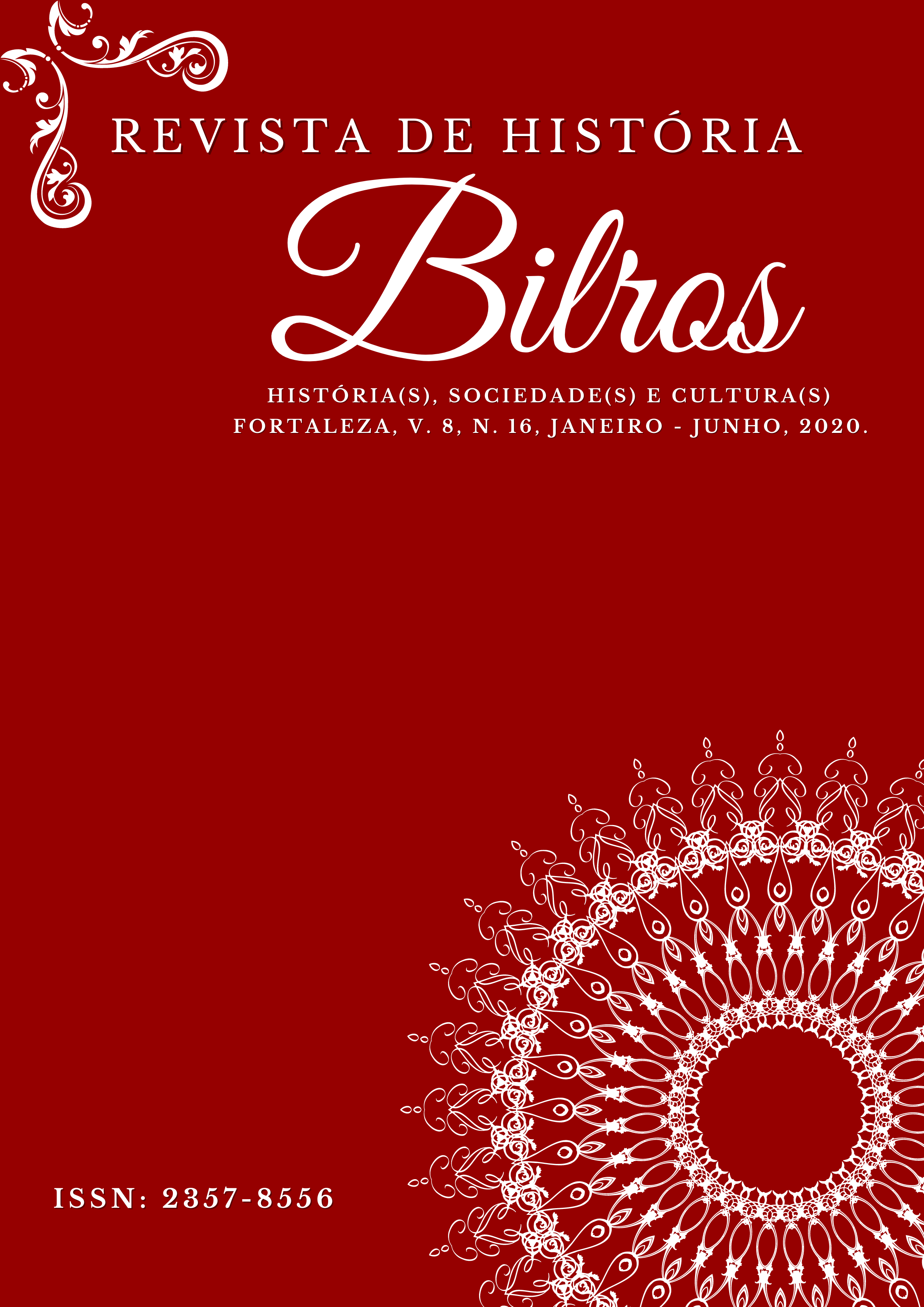A ATUAÇÃO DAS ELITES ANTES, DURANTE E NO FIM DO GOLPE CIVIL-MILITAR DE 1964
Mots-clés :
Ditadura Militar, Golpe Civil-Militar de 1964, EliteRésumé
O golpe civil-militar, ocorrido no Brasil no dia 1 de abril de 1964 e que durou 24 anos, se caracterizou pela participação de estratos da sociedade que podem ser classificados, sob a ótica do autor Gaetano Mosca, como "classe dirigente"; e do autor Vilfredo Pareto, como "elite". No caso específico brasileiro, esses estratos são: o exército, que há muito almejava a chegada ao poder; a Igreja Católica, com forte influência política e social no período; e a chamada classe média, temerária da implantação do Comunismo no Brasil. A participação desses três atores sociais será inicialmente de apoio, mas como o regime recrudesce, esses atores passarão a fazer forte oposição, chegando a pegar em armas para tentar derrubar o regime e, por fim, apoiando por meios institucionais a campanha conhecida como Diretas Já.
Téléchargements
Publié-e
Comment citer
Numéro
Rubrique
Licence
(c) Tous droits réservés Carla Montuori Fernandes, Newton Leonardo Silva, Vera Lucia Michalany Chaia 2022

Cette œuvre est sous licence Creative Commons Attribution - Pas d'Utilisation Commerciale 4.0 International.






